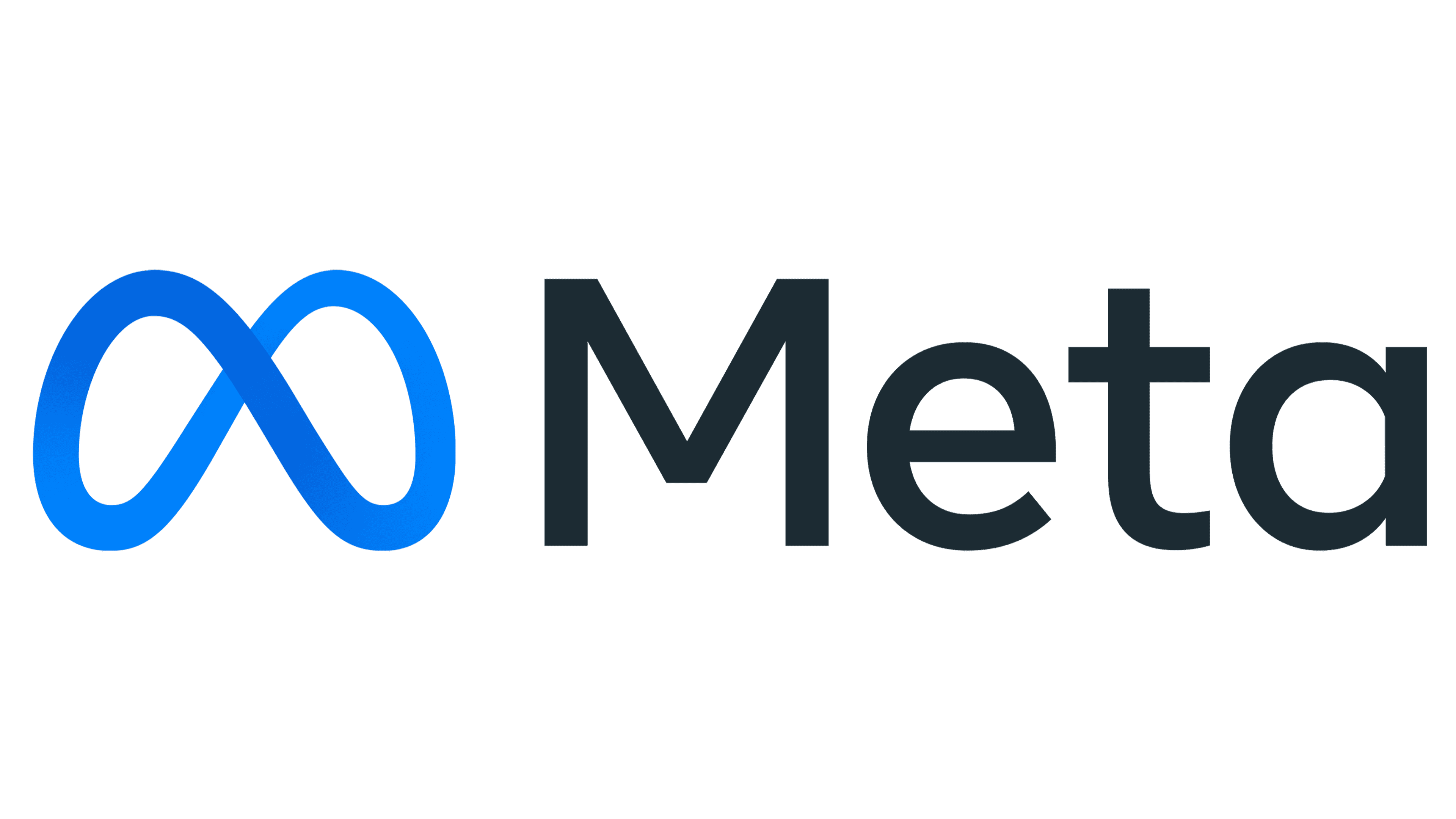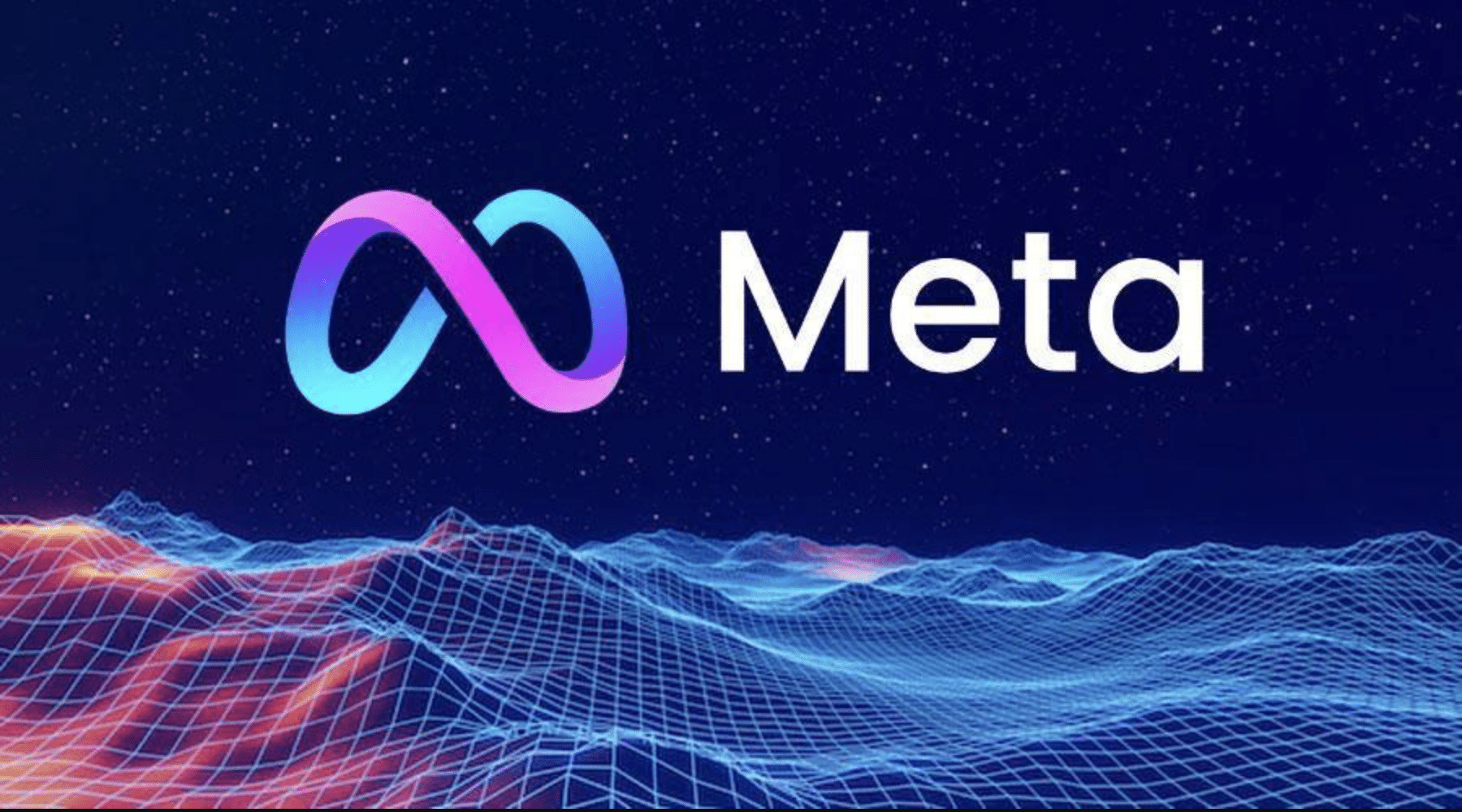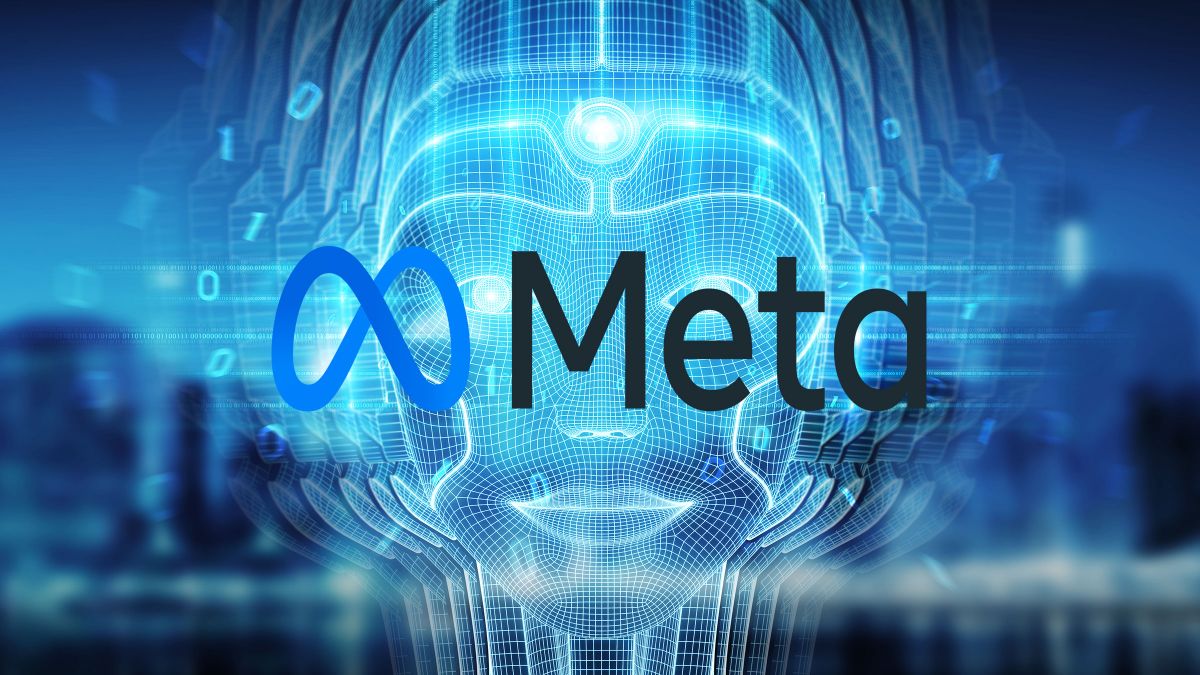Meta AI - Innovations And Collaborations
There's a lot of chatter these days about what Meta is doing with its artificial intelligence efforts, and it's something many folks are keeping an eye on. You know, the company behind some of the biggest social platforms is really putting a lot of thought and energy into making smart systems that can do all sorts of interesting things. It feels like, in some respects, they are aiming to push the boundaries of what these computer brains can achieve, which is pretty exciting for everyone involved.
From helping computers truly see and understand pictures to building lifelike virtual worlds where intelligent agents can practice and learn, Meta is exploring quite a few different avenues. They're also making big strides with language models, the kind of programs that can talk and write in ways that feel very human. It's almost as if they are trying to bring a bit of the future right into our hands, making daily digital experiences more connected and, well, more clever, you know?
And it's not just about the fancy programs; they're also getting serious about the physical parts that make these smart systems run. We're talking about the actual computer chips that do all the heavy lifting. So, whether it's about what you see on your screen or the powerful machinery humming away in the background, Meta's push into this area is shaping up to be something really big, something that could change how we interact with technology every single day.
Table of Contents
- What's New with Meta AI?
- How Does Meta AI Shape Language Models?
- What's the Big Deal with Meta AI's Chips?
- Where Can You Join Meta AI's Efforts?
- What Does Meta AI Mean for Industries?
What's New with Meta AI?
When we talk about the newer things happening with Meta and its work in smart computer systems, a few projects really stand out. These projects show where the company is putting its focus and what kinds of interesting problems it is trying to figure out. It's almost like they are building pieces of a bigger puzzle, each one doing something pretty unique. We'll take a look at a couple of these things now, you know, to get a better idea of what's going on.
Seeing Things Differently - Meta AI and Image Segmentation
One of the cool things Meta, along with its research group FAIR, has been working on is called "Segment Anything." This is a way for computers to see a picture and figure out where all the different objects are, separating them from the background and from each other. Think of it like taking a photo and having the computer draw a neat outline around every person, every dog, or every tree in that picture. It's a bit like giving a computer a very keen eye for details, which is actually quite a complex task for a machine to do well.
The goal here, you see, is to make this process of picking out parts of an image very good and quick. This kind of ability is super helpful for many things. For example, it could help with editing photos more easily, or even for things like self-driving cars that need to know exactly what's on the road around them. It's about giving computers a better way to truly make sense of what they are looking at, which, you know, has a lot of interesting uses in the wider world.
Building Virtual Worlds - Meta AI's Habitat Simulator
Another area where Meta is doing some pretty neat stuff is with its Habitat simulator. This is a special computer program that creates pretend places, like virtual rooms or buildings, where smart computer agents can move around and learn things. It's used for something called "Embodied AI," which is about making computer programs that can act and move in physical spaces, even if those spaces are just digital for now. I mean, it's a way to let these programs practice without needing a real robot or a real house, which saves a lot of time and resources, obviously.
They just put out a newer version, Habitat 3.0, which is a big step forward. However, as is often the case with new computer programs, especially ones this complex, there can be a few little issues or "bugs" that pop up. So, it's almost like starting a new building project; you might find a few things that need fixing along the way. People are still figuring out how to work with this latest version, and finding solutions to these small problems can sometimes be a bit of a hunt, given how new it is, you know?
How Does Meta AI Shape Language Models?
Meta is also making some pretty significant moves when it comes to language models, which are the computer programs that can understand and create human language. These models are a big part of what makes conversations with computers possible, and Meta has been putting a lot of effort into making them better and more helpful. So, let's take a look at how they are doing that, especially with some of their well-known creations, and what that means for how we talk to computers, actually.
The LLaMA-2 Story - Human Preferences and Meta AI
One of Meta's big language models is called LLaMA-2, and it's been getting a lot of good feedback. What's particularly interesting about this one is how it holds up when actual people judge its conversations. The company put out pictures showing how LLaMA-2 generally comes out ahead when humans compare it to other popular models. This kind of evaluation is important because it tells us if the model really sounds natural and helpful to us, which is pretty much the main point of a conversation system, right?
These human evaluations looked at both short, single-question chats and longer, back-and-forth conversations, all while keeping track of how much information the model could remember from earlier in the talk, which was about 4,000 words worth. So, you know, it means the model can keep track of a pretty long discussion. The fact that people generally liked LLaMA-2's responses more than others is a good sign that Meta is doing something right in making these models feel more like talking to a person, which is a big step.
Chatting with Meta AI - A New Free Service
Speaking of language models, Meta recently introduced a free chat website called Meta AI. This website lets people talk to a computer program that is built on their Llama 3 language model, which is one of their newer and more capable ones. It's a way for pretty much anyone to try out these advanced talking systems without needing any special tools or knowledge. You just go to the website using your regular internet browser, and you can start typing away, you know, just like you would in a regular chat.
This free service is currently available in the United States and a dozen other countries, making it pretty widely accessible for a lot of people to try out. It shows that Meta is interested in getting these powerful conversation tools into more people's hands, allowing them to experience what these systems can do. It's a way to make this kind of technology less of a distant idea and more of a common thing that anyone can use, which is a really neat idea, actually.
What's the Big Deal with Meta AI's Chips?
When we talk about the really powerful computer systems that make smart programs run, a lot of the magic happens inside special computer chips. These aren't your everyday chips; they're made to do the very specific kind of calculations that artificial intelligence needs. Meta has been making some news on this front, and it's a pretty big move for them. So, what's the reason they are putting so much effort into making their own chips, and what does that mean for the bigger picture, you might ask?
Making Its Own Brains - Meta AI's MTIA Chip
On May 18th, Meta, the company that owns Facebook, made a public announcement about its very own computer chip project. They call this chip MTIA, and it's built specifically to handle the kinds of calculations that smart computer programs need. This is a pretty significant step because it means Meta is creating the very brains for its own computer intelligence systems, rather than just relying on chips made by other companies, like NVIDIA, which is a big name in this area. It's a bit like deciding to build your own engine for a car instead of buying one off the shelf, which gives you more control over how it works, obviously.
This move shows that the competition to create the best parts for these smart computer systems is really heating up. By making their own chip, Meta is looking to have more say in how their smart programs perform and how efficient they are. They also shared news about other advancements and plans they have in the area of computer parts for artificial intelligence. It's all part of a larger push to make sure they have the right tools to keep improving their smart systems, which is pretty important for a company that relies so much on these kinds of technologies, you know?
Where Can You Join Meta AI's Efforts?
For those who are keen on getting involved with the development of smart computer systems, it's worth knowing that companies like Meta are always on the lookout for talented people. They have teams working on all sorts of interesting challenges, and these groups often have openings for new folks to come aboard. It's almost like a call for people who want to help shape what comes next in this area, which can be a very rewarding kind of work, you know?
Opportunities at Meta AI's Core Recommendation Group
One particular group within Meta AI, called the Core Recommendation Group (MRS), is actively seeking new team members. This group is pretty central to how products like Facebook, Instagram, and WhatsApp work because they are the ones who help improve the systems that suggest things to you, like posts, friends, or products. They are always working to make these suggestion systems better and to develop the platforms that run them. So, if you've ever wondered how those suggestions pop up, this is the team doing a lot of that behind-the-scenes work, actually.
They have different kinds of positions open, including full-time jobs for experienced people, spots for students who want to get some work experience, and even a special program called the AI Mentorship project. This mentorship program is a way for people to learn from experts and get guidance as they start their careers in this field. It shows that they are not just looking for people who already know everything, but also for those who are eager to learn and grow within the field of smart computer systems, which is a really welcoming approach, you know?
What Does Meta AI Mean for Industries?
The rise of smart computer systems is changing a lot of things, and it's having a big impact on different kinds of businesses and fields. What's really interesting is how these systems are making it easier and less costly for companies to create custom tools and to organize all the bits of information they have. This is a pretty big deal because it means more and more industries can start using digital ways of doing things, even ones that might have seemed too complicated or expensive before, you know?
With smart computer programs, it becomes much simpler to build specific tools that fit exactly what a particular business needs. It also helps gather up all the scattered pieces of knowledge a company has and put them in one place, making them easy to find and use. This ability to tailor solutions and organize information more easily means that a lot more businesses can go through a "digital shift," moving from older ways of working to newer, more efficient computer-based methods. There's a lot of hope that certain models, like o3 mini and o3, will become widely available soon, and that other similar models being developed in various places will catch up to the abilities of the very top systems, like o1. This would really open up possibilities for everyone, which is actually quite exciting.
This article has covered some of the interesting things Meta is doing with its smart computer systems, from making computers better at seeing pictures with Segment Anything to building virtual places for learning with the Habitat simulator. We also looked at how their LLaMA-2 language model is doing well in human evaluations and how they've launched a free chat website called Meta AI based on Llama 3. We touched on their efforts to create their own specialized computer chips, like MTIA, and learned about the job openings within their core recommendation group. Finally, we considered how these advancements are making it easier for many different businesses to adopt digital ways of working.

What Will 'Meta' Mean for Social Media Users? - Wisper Internet

Meta releases MusicGen AI as open source - Gadget Advisor

Meta Kembangkan Chatbot Unik Bertenaga Artificial Intelligence - Teknologi